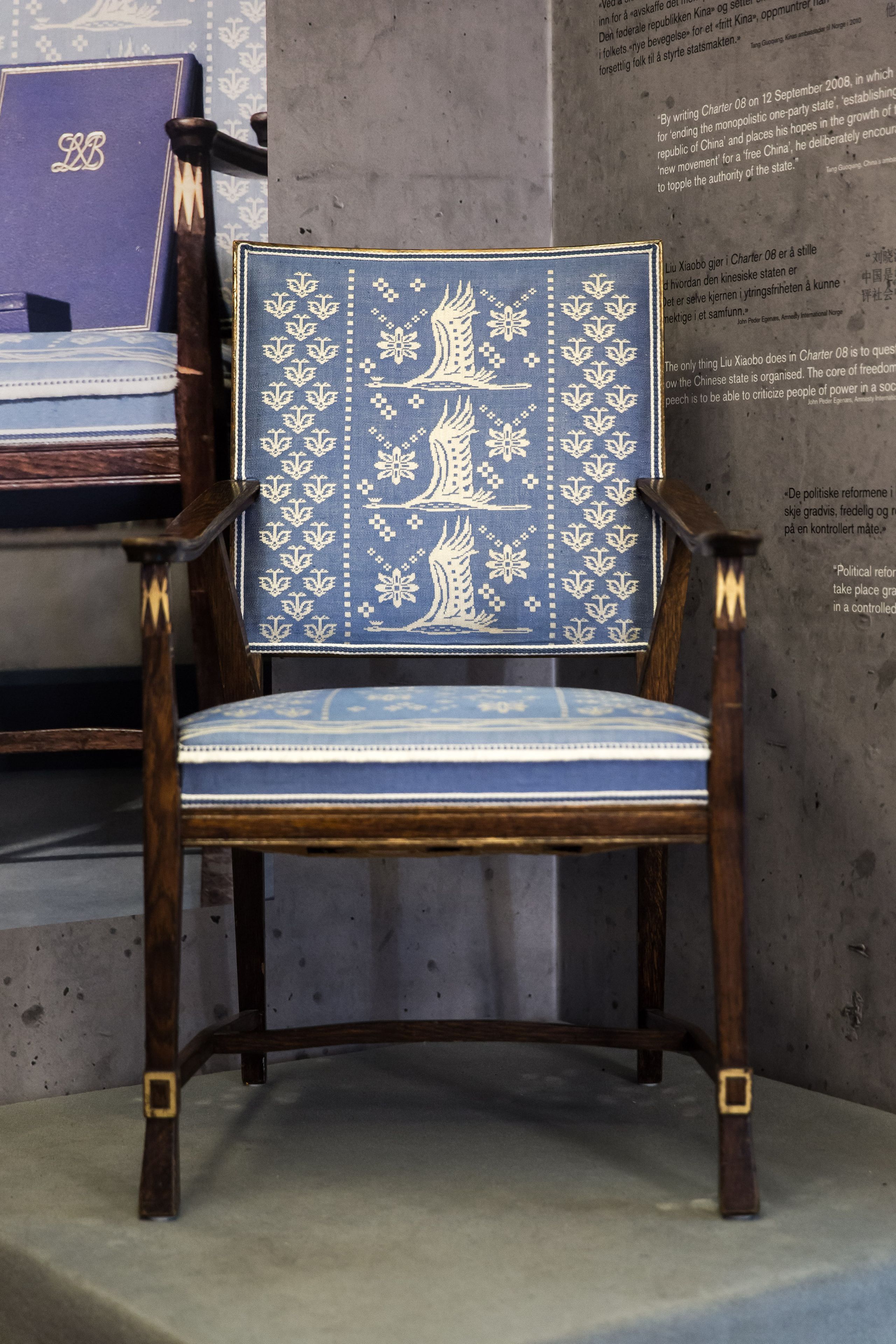The Legacy of Liu Xiaobo
He will live much longer. Simply because his words will remain, his actions will speak for themselves, and his self-sacrifice will be remembered. The heroes who sacrifice themselves for their principles are remembered more respectfully and more powerfully in history, than those who oppose them out of fear or pettiness.
Liu Xiaobo was a hero. A literary critic and a poet. An academic who fought for democracy and human rights and paid a huge price for his activism. He was jailed for the first time after the Tiananmen Square protests in 1989. In total, he did four prison terms. The last one was for participating in drafting the Charter 08 manifesto; calling for political reforms in China.
He was awarded the Nobel Peace Prize for 2010 “for his long and non-violent struggle for fundamental human rights in China”. But the chair stood empty in Oslo during the Award Ceremony.
The 2010 Nobel Peace Prize was placed on an empty chair in Oslo’s City Hall. Here on display at the Nobel Peace Center.
Will the fight for democracy die with him?
On July 13th, 2017, the laureate died of liver cancer after being refused to be sent abroad for treatment. He is the second Nobel Peace laureate to have been denied the right to collect his prize, and thereafter died in custody. The first one was Carl von Ossietzky, who warned about Germany’s remilitarisation in the 1930s. Both of them were awarded the Nobel Peace Prize for fighting for freedom of expression.
Will the fight for democracy die with him? No, it will not. On the contrary, it will grow in strength. Liu Xiaobo’s voice reminded the world that human rights violations remain a serious issue in China, despite its growing economic power, and that China’s development won’t be sustainable unless real political reforms take place. Those striking and protesting by the thousands, on a daily basis, bear witness to the same. His voice can still be heard, and his struggle was not in vain.
Democracy cannot be treated as a hobby
Democracy and human rights are currently under a lot of pressure worldwide. Simultaneously, there is a lot of talk about what is in our best interest, about prioritising our economic safety and trade with China.
But the fight for human rights, freedom of expression and democracy cannot be treated as a hobby, or as a case just for fine conferences, sunny days and fine conversations with cocktail glasses.
The real struggle takes place every single day. In prisons and in organisations, on the street, at the university or at the workplace. It is our duty and our responsibility to support them. This is in our own interest, but also our last defence. Human rights were written in the Charter of the United Nations after World War II, as a mutual defence mechanism. If we begin making exceptions for free speech when it best suits us, it won’t be long before very little of it is left.
Human rights are fundamental, and therefore they are ratified in national laws, the UN Charter and international conventions. It was never written that we should respect them at leisure. Quite the contrary: we have to protect them when it’s the least convenient. If we respect the freedom of expression of others, they will defend ours. If we don’t respect the rights of others, who will defend ours? It may seem difficult to some but, for Liu Xiaobo, it was that simple.
Originally published in Norwegian in Aftenposten, July 18, 2017.
Share:
